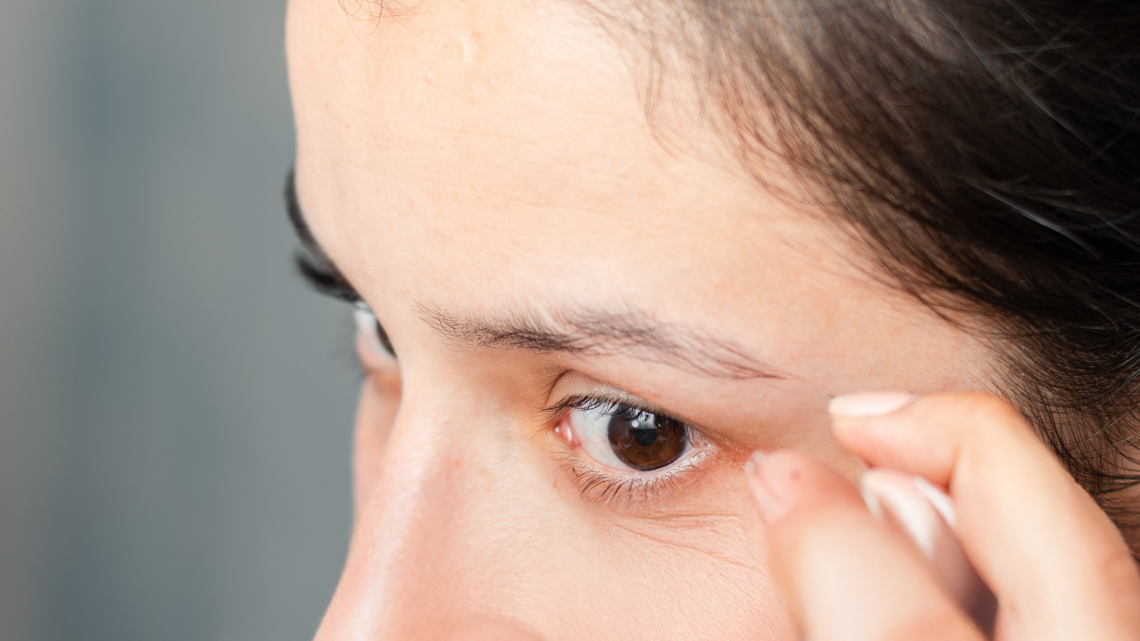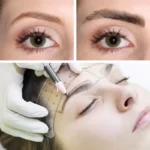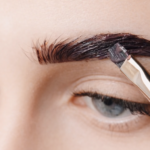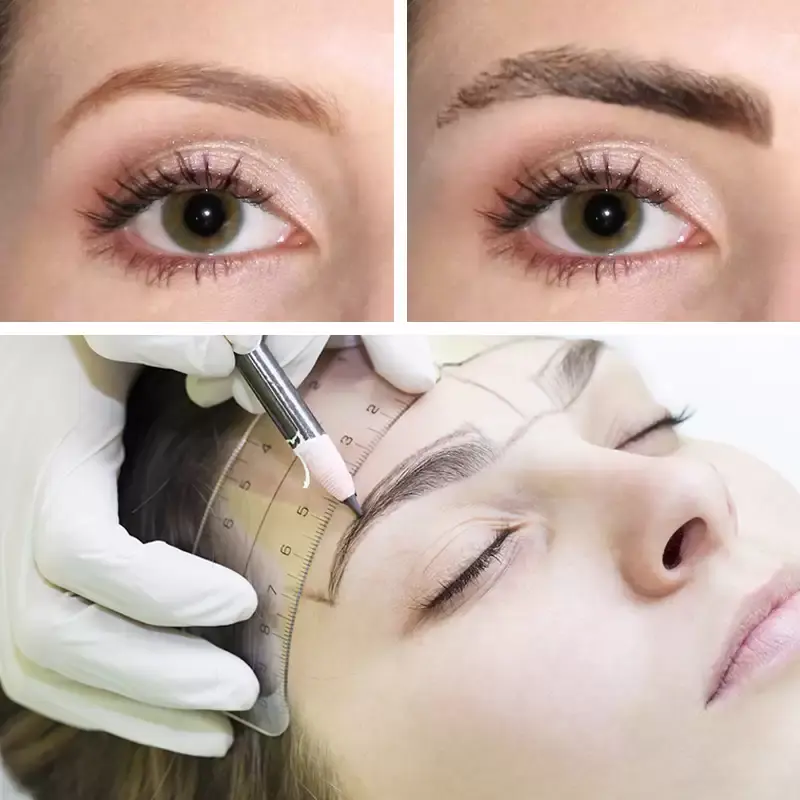Hair loss is a widespread issue that affects millions of people globally, and Procapil has emerged as a promising ingredient in combating this concern. Developed as an alternative to hormonal treatments, It offers a more natural solution to promote hair growth and strengthen hair health. However, as with any product, understanding its potential side effects is critical before incorporating it into your routine.
This guide explores the benefits, drawbacks, and safety of Procapil, helping you make an informed decision.
Understanding Procapil for Hair Growth
Designed to address hair loss while supporting scalp health. It combines three active components:
- Biotinyl-GHK: A vitamin complex that strengthens the hair follicles and improves scalp nutrition.
- Apigenin: A natural flavonoid that increases blood circulation to the scalp.
- Oleanolic Acid: Derived from olive tree leaves, it works to inhibit DHT, a hormone linked to androgenic alopecia.
These ingredients work synergistically to reduce hair loss, boost hair regrowth, and support overall hair density.
How Does Procapil Hair Serum Work?
The formula targets the root causes of hair thinning through several mechanisms:
- Strengthening Hair Follicles: It nourishes and reinforces the follicles, reducing the risk of breakage and hair fall.
- Improving Scalp Circulation: By enhancing blood flow to the hair, it ensures that follicles receive essential nutrients for growth.
- Blocking DHT: Procapil prevents the conversion of testosterone to DHT, slowing the progression of androgenic alopecia.
- Extending the Growth Phase: It prolongs the active growth cycle of hair strands, leading to denser and healthier hair.
Procapil is designed to improve blood circulation to the scalp and counteract hair follicle miniaturization. This process occurs when hair follicles shrink, leading to thinner strands and impaired hair growth.
Miniaturization can result from a genetic sensitivity to DHT, a hormone linked to male pattern hair loss. It can also be triggered by conditions like alopecia areata, an autoimmune disorder that causes hair loss.
Oleanolic acid, one of Procapil’s key components, helps reduce DHT levels by inhibiting the 5-alpha-reductase enzyme responsible for converting testosterone into DHT. Meanwhile, biotinyl-GHK, derived from biotin, strengthens hair follicles by increasing collagen production. Apigenin, another active ingredient, acts as a vasodilator, enhancing blood flow to the scalp to encourage healthy hair growth.
Procapil vs Minoxidil: A Comparison
When it comes to hair treatments, many people wonder about the differences between Procapil vs Minoxidil. While both are effective, they serve different needs:
Procapil:
- Made with natural ingredients, making it gentler on the scalp.
- Non-hormonal, which reduces the likelihood of systemic side effects.
- Ideal for those seeking to maintain long-term hair health.
Minoxidil:
- FDA-approved and widely studied for its effectiveness in promoting hair regrowth.
- Works faster for individuals with significant hair thinning or advanced baldness.
- May cause irritation or other adverse effects in some users.
Choosing between the two depends on your specific hair concerns and sensitivity to chemical-based treatments.
Benefits of Procapil for Hair
Using Procapil-based products can yield significant improvements in hair quality and density. Key benefits include:
- Prevents Hair Loss: Reduces shedding by strengthening the follicles.
- Supports Scalp Health: Improves circulation and provides essential nutrients to the scalp.
- Promotes Hair Regrowth: Helps dormant follicles enter the growth phase, resulting in fuller hair.
- Non-Hormonal Formula: Suitable for those who want to avoid treatments that interfere with hormones.
- Compatible with Hair Care Routines: Found in serums, shampoos, and tonics, making it easy to incorporate into daily life.
Procapil Side Effects
Although Procapil is generally well-tolerated, some individuals may experience minor side effects, including:
- Scalp Irritation: Some users report redness, itching, or dryness, particularly with overuse.
- Temporary Shedding: Similar to other hair loss treatments, initial use may result in shedding as dormant follicles activate.
- Allergic Reactions: While rare, sensitivity to one of the active ingredients could lead to an allergic response.
To minimize risks, perform a patch test before using any Procapil-based product.
As Hair Serum: How to Use It
Procapil is most commonly found in serums designed for targeted application. Here’s how to use it effectively:
- Clean Your Scalp: Begin with a gentle shampoo to remove dirt and buildup.
- Apply the Serum: Massage a small amount into your scalp, focusing on areas with hair thinning.
- Use Consistently: Apply daily for at least 3–6 months to see visible results.
Is it Safe for Long-Term Use?
One of the advantages of Procapil is its safety for long-term use. Unlike hormonal treatments, Procapil’s natural ingredients are unlikely to cause systemic side effects, making it a sustainable option for maintaining hair health. Regular use can help preserve hair density and prevent further hair fall.
As with most topical products, individuals with sensitive skin are more likely to experience a reaction to Procapil.
So, is Procapil safe? The short answer is yes.
However, because Procapil is an alpha-reductase inhibitor, it may interact with certain medications. If you’re taking blood thinners or blood pressure medications, it’s wise to consult a healthcare professional, such as a dermatologist, before using it.
In rare cases, Procapil may slightly alter the look and feel of hair, potentially making it oilier or drier.
What Makes Procapil Unique?
Procapil stands out from other treatments due to its multi-targeted approach. By addressing both follicular health and scalp circulation, it ensures that hair is not only retained but also thrives. This makes it an appealing option for those in the early stages of androgenic alopecia or individuals seeking to promote hair regrowth naturally.
Who Should Use Procapil?
Procapil is ideal for individuals experiencing:
1. Mild to Moderate Hair Loss or Hair Thinning
If you’re noticing early signs of hair thinning or experiencing reduced hair density, Procapil can help strengthen your hair follicles and promote hair growth. It is ideal for maintaining healthy hair before more severe hair loss occurs.
2. Early Signs of Androgenic Alopecia
Procapil is especially effective for individuals in the initial stages of androgenic alopecia (commonly known as male or female pattern baldness). By targeting DHT production and improving scalp circulation, it can slow the progression of hair follicle miniaturization and help retain your existing hair.
3. Scalp Sensitivity to Chemical-Based Treatments
For those who have experienced irritation or adverse effects from chemical-based solutions like Minoxidil, Procapil offers a gentler option. Its natural ingredients, such as biotinyl-GHK and apigenin, are less likely to cause scalp irritation or dryness, making it suitable for individuals with sensitive skin.
When Procapil May Not Be Enough
For individuals with more advanced stages of hair loss or baldness, Procapil may not provide the desired results on its own. In such cases, consulting a dermatologist or trichologist is recommended to explore additional or more intensive options, such as:
- Minoxidil: An FDA-approved treatment that directly stimulates hair regrowth and can complement Procapil in severe cases.
- Hair Transplants: For those with significant hair thinning or bald patches, a hair transplant surgery using FUE or FUT techniques can offer permanent results.
- Platelet-Rich Plasma (PRP): A non-invasive treatment that uses your own blood plasma to stimulate hair regrowth and improve scalp health.
Procapil for Hair Growth: Success Stories
Users of Procapil-based products often report:
- A noticeable reduction in hair fall within the first few months.
- Improved scalp health, leading to healthier and shinier hair.
- Enhanced hair density, particularly in thinning areas.
These results are more prominent when Procapil is combined with a balanced diet and proper hair care practices.
Final Thoughts on Procapil for Hair
Procapil offers a promising solution for those looking to combat hair loss without resorting to harsh chemicals or hormonal treatments. Its blend of natural ingredients, combined with its ability to promote hair regrowth, makes it an excellent choice for maintaining scalp health and achieving healthier, thicker hair.
While Procapil side effects are minimal, it’s essential to use the product consistently and follow recommended guidelines for best results. If you’re unsure whether Procapil is right for you, consult a hair care professional to explore your options.
For those dealing with hair thinning or similar concerns. Consider speaking with Dr. Kopelman. This father-son team has more than 35 years of experience in hair restoration.
They focus on personalized treatments for every client. Dr. Kopelman’s expertise can help you find the right solution tailored to your unique needs. Schedule a consultation today to explore your options and take the first step towards achieving your hair goals.
























